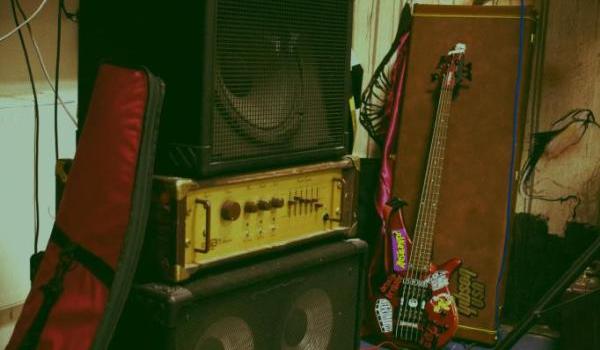There has been some discussion recently on the Raglan Noticeboard Facebook about annoying noise. While some of the comments have been useful, others have been wrong.
Let’s look first at who you can phone for help. On Facebook some have said that you phone the Hamilton City Council. This is wrong. Raglan is in the Waikato District which is administered from Ngaruawahia. So to get help about noise you need to phone Ngaruawahia. There is a 24 hours seven day a week number to call which is 0800 492 452.
Others have said on Facebook that you can make as much noise as you like during the day. This is wrong. The noise restrictions apply 24 hours a day and at night they are a bit tighter.
The Waikato District Council recently published a good article on “Dealing With Noise”, which I’ve included below. It doesn’t cover the Raglan situation where a lot of the objectionable noise comes from visitors who have rented a bach for the weekend. And it doesn’t cover the Raglan situation where due to wind, water, hills and valleys, “Noise” often doesn’t come just from your closest neighbour.
I’m more tolerant of neighbours than visitors when it come sto noise. If neighbours want to party a couple of times a year, then that’s OK. I just put earplugs in when I go to bed.
Dealing with Noise
First published in Waikato District Council Link for February-March 2016
There has been an increase in the number of noise complaints and ‘repeat noise offenders’ over the past few months. Environmental Health Team Leader Alan Parkes said complaints often increase as summer weather arrives.
“There’s always a certain level of noise that can be reasonably expected in any neighbourhood, such as lawn mowers or power tools. But Council takes a hard line with those repeatedly making excessive noise from activities such as noisy parties and unreasonably interfering with the peace and comfort of their neighbours.”
When does noise become too noisy?
It’s important to note that noise is not excessive simply because you can hear it.
Before action can be taken, a Waikato District Council Enforcement Officer must visit and assess the noise. They’ll consider the noise level and type of noise, location of neighbours, the presence of sound barriers and the time of day. The same noise levels during the day may not be acceptable at night.
What’s the best way to deal with a noisy neighbour?
If the amount of noise coming from your neighbours’ place is bothering you, it’s best to start by talking to them about it. You may be able to reach an agreement. For example, agreeing on timings for construction work or turning down the volume on their stereo.
“A number of noise concerns can be resolved between neighbours if they are made aware of the concerns rather than directly ringing noise control,” Mr Parkes said.
“People need to be considerate of their neighbours. The general advice is that if it can be clearly heard at the boundary of your property then it’s likely to be disturbing others.
“Many complaints relate to the sound of the bass from music at parties and other gatherings.”
How to make a complaint
Anyone wishing to make a complaint can call 0800 492 452, any time of the day or night. As the volume will have to be assessed, it’s important to call when the noise is occurring.
If the noise is found to be excessive, formal notice will be given to reduce the noise. Failure to comply can lead to removal of the equipment responsible for the noise or a $500 infringement fine. Owners can apply for the return of equipment, but must pay all costs incurred in enforcement visits and seizures. If not claimed within six months, the equipment is disposed of.
Council responds to approximately 1200 noise complaints a year. This does not include barking dogs, which are dealt with under the Dog Control Act.
